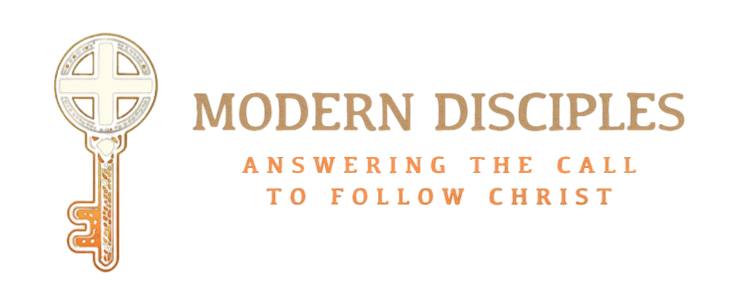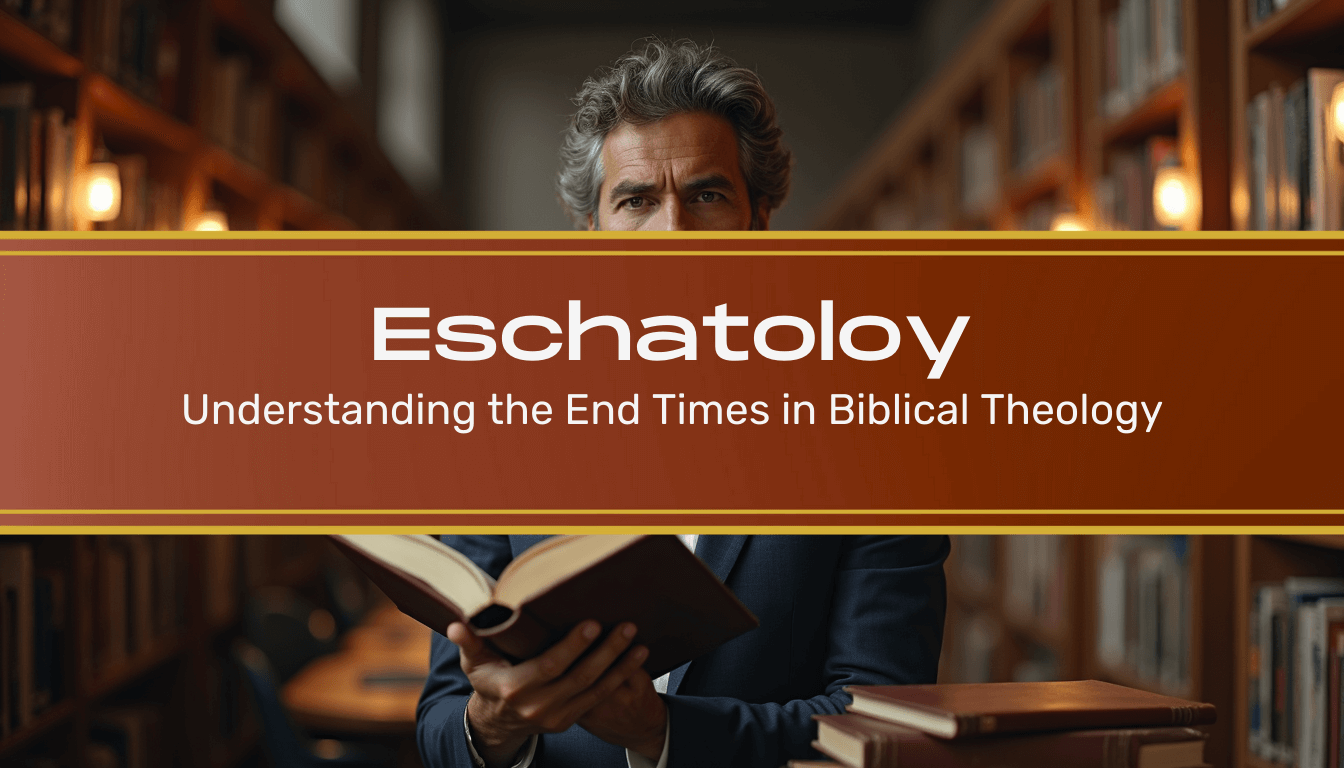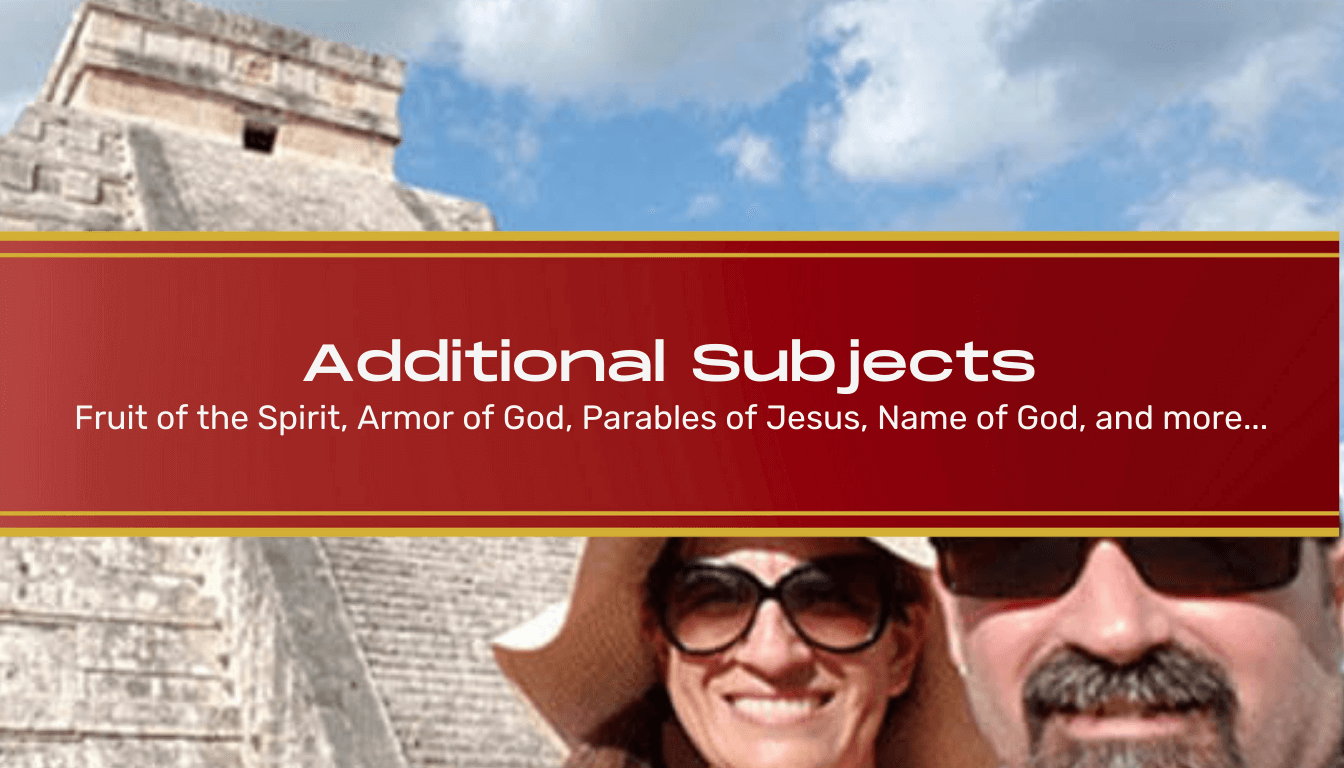
Bible Reading Methods
Inductive, Expository & Topical
Most Christians approach Bible study like they're assembling IKEA furniture without the instructions. They dive in with enthusiasm, get frustrated when things don't make sense, then blame the Bible for being confusing. Here's the problem: you need a method. Micro-promise: Bible Study Methods aren't about making Scripture complicated—they're about giving you the right tools to unlock what God actually said.
I spent years wandering through Scripture like a tourist without a map. I'd read random passages, hope for inspiration, and wonder why my Bible study felt shallow. Then I discovered that effective Bible study isn't about spiritual feelings—it's about systematic investigation.
Think of Bible study methods as different tools in a toolbox. You wouldn't use a hammer for every job, and you shouldn't use the same approach for every passage. The inductive method helps you discover truth personally. The expository method helps you understand passages deeply. The topical method helps you explore themes comprehensively.
The right method transforms Bible study from random verse-hunting into purposeful investigation. It's the difference between wandering through a library and following a research plan.
Sharp Edge: If your Bible study method is "flip to a random page and see what jumps out," you're not studying Scripture—you're practicing biblical roulette. And that's not faith; it's superstition.
The Inductive Method: Discover Truth for Yourself
The inductive method is like being a detective. You examine the evidence, ask questions, and draw conclusions based on what you observe. It's called "inductive" because you move from specific observations to general principles.
This method has three steps: Observation, Interpretation, and Application. Think of it as "What does it say? What does it mean? How does it apply?"
Step 1: Observation (What Does It Say?)
Read the passage multiple times. Don't rush to interpretation—spend time seeing what's actually there.
Look for:
Keywords: What words are repeated or emphasized?
Structure: How is the passage organized? Are there lists, contrasts, or progressions?
Context: What comes before and after? How does this fit into the larger argument?
Details: Names, places, time markers, emotional indicators
Example: In Philippians 4:4-7, observe the repeated commands ("Rejoice," "Let your gentleness be evident," "Do not be anxious"), the promise ("the peace of God"), and the conditions ("in everything, by prayer and petition").
Step 2: Interpretation (What Does It Mean?)
Now ask what this meant to the original audience. Consider:
Historical context: What was happening when this was written?
Cultural background: What would the original readers have understood?
Genre: Is this poetry, narrative, instruction, or prophecy?
Author's intent: What was the writer trying to communicate?
Example: Philippians 4:4-7 was written to a church Paul loved, facing external persecution and internal conflict. His commands about rejoicing and peace weren't theoretical—they were practical instructions for a struggling community.
Step 3: Application (How Does It Apply?)
Finally, ask how this truth applies to your life today. The application should flow from the interpretation, not from your personal preferences.
Ask:
What does this teach me about God?
How does this challenge my current thinking or behavior?
What specific action should I take?
Example: Philippians 4:4-7 challenges us to choose joy and peace through prayer instead of anxiety and worry, trusting that God's peace will guard our hearts and minds.
Why the Inductive Method Works
It forces you to slow down and actually read what's there. It prevents you from jumping to conclusions or imposing your assumptions on the text. It builds your confidence in handling Scripture because you're discovering truth for yourself.
The Expository Method: Go Deep and Stay Deep
The expository method is like archaeological excavation. You dig carefully, layer by layer, uncovering everything the passage has to offer. It's systematic, thorough, and designed to extract maximum meaning from minimum text.
This method works best when you want to understand a specific passage or book in detail. Instead of covering lots of ground quickly, you cover less ground thoroughly.
The Expository Process
Choose Your Passage: Pick a manageable section—a paragraph, a chapter, or a short book. Don't try to exposit the entire book of Isaiah in one sitting.
Study the Context: Understand where this passage fits in the larger book and in Scripture as a whole. Who wrote it? When? Why? To whom?
Analyze Verse by Verse: Break down each verse, examining:
Key words and their meanings
Grammatical structure
Cross-references to related passages
Theological implications
Synthesize the Message: Pull together the main themes and see how they connect. What is the passage's central message?
Apply the Truth: Determine how this passage should impact your beliefs and behavior.
Expository Example: Romans 8:28
"And we know that in all things God works for the good of those who love him, who have been called according to his purpose."
Context: Paul is addressing suffering and hope in the Christian life (Romans 8:18-30). This verse comes after discussing creation's groaning and the Spirit's intercession.
Verse Analysis:
"We know": Confident assurance, not wishful thinking
"All things": Everything, not just good things
"Works for good": God actively orchestrates, doesn't just permit
"Those who love him": Specific to believers, not universal
"Called according to his purpose": Connected to God's eternal plan
Synthesis: God sovereignly orchestrates all circumstances—including suffering—for the ultimate good of His people, which is conformity to Christ's image (verse 29).
Application: This doesn't mean everything that happens is good, but that God uses everything for good in the lives of believers.
Why Expository Study Matters
It prevents surface-level understanding. It reveals connections you'd miss with casual reading. It builds theological depth and prevents misinterpretation.
The Topical Method: Connect the Dots Across Scripture
The topical method is like following a thread through a tapestry. You trace a single theme through multiple passages to see how God develops that concept throughout Scripture.
This method is perfect when you're wrestling with a specific question, want to understand a biblical concept, or need guidance on a particular issue.
The Topical Process
Choose Your Topic: Pick something specific enough to study thoroughly but broad enough to appear throughout Scripture. "Love" is too broad; "God's love for sinners" is better.
Gather Passages: Use a concordance, cross-reference system, or Bible software to find relevant verses. Look in both Old and New Testaments.
Study Each Passage in Context: Don't just collect verses—understand what each one means in its original context. This prevents proof-texting.
Organize Your Findings: Group passages by themes, chronology, or development. Look for patterns, progressions, and connections.
Synthesize the Teaching: What does Scripture as a whole teach about this topic? How do the passages work together?
Apply the Truth: How should this understanding change your thinking or behavior?
Topical Example: Prayer
Passages to Study: Matthew 6:9-13 (Lord's Prayer), Philippians 4:6-7 (anxiety and prayer), 1 Thessalonians 5:17 (pray continually), James 5:16 (prayer of the righteous), etc.
Organization:
Models of prayer: Lord's Prayer, Jesus' prayers in the Gospels
Purposes of prayer: Worship, confession, petition, intercession
Conditions for effective prayer: Faith, righteousness, persistence
Results of prayer: Peace, answered requests, spiritual growth
Synthesis: Prayer is communication with God that includes worship, confession, petition, and intercession. It's both a privilege and a responsibility for believers.
Application: Develop a more balanced prayer life that includes all these elements, not just asking for things.
Choosing Your Method
For Personal Growth: Use the inductive method. It builds your confidence in handling Scripture and provides practical application.
For Deep Understanding: Use the expository method when you want to thoroughly understand a specific passage or book.
For Specific Questions: Use the topical method when you're wrestling with a particular issue or want to understand what Scripture teaches about a specific subject.
For Variety: Rotate between methods to keep your study fresh and comprehensive.
Common Method Mistakes
The Inductive Shortcut
Skipping observation and jumping straight to application. This leads to eisegesis—reading your ideas into the text instead of drawing the author's ideas out of it.
The Expository Overwhelm
Trying to analyze every word and cross-reference every verse. This leads to paralysis by analysis. Focus on the main points and key insights.
The Topical Proof-Text
Collecting verses that seem to support your position without understanding their context. This creates a false understanding based on misused passages.
The Method Worship
Thinking the method is more important than the message. Methods are tools, not ends in themselves. The goal is knowing God, not perfecting technique.
We don't sidestep hard topics. We face them with Scripture, honesty, and respect. Start by exploring our category pages—they're practical and built to help you think biblically. If what you find is useful, take your time and drill down into the articles within each category. If you do, you'll learn a lot—and you'll be better equipped to live like Christ.
Biblical Hermeneutics: How to Study and Interpret the Bible - Learn the art and science of interpreting Scripture accurately using sound principles and methods.
Exegesis vs. Eisegesis: Understanding the Difference - Learn the crucial distinction between drawing meaning from Scripture versus reading your ideas into it.
Bible Reading Plans: A Guide to Consistent Bible Study - Discover practical strategies for maintaining consistent, meaningful engagement with God's Word.
Put This Into Practice
• Choose one method and try it this week with a specific passage. Start with the inductive method on Psalm 23 or Philippians 4:4-7.
• Set aside 30 minutes for your first attempt. Don't rush—let the method guide your investigation.
• Use a notebook to record your observations, interpretations, and applications. Writing helps you think more clearly.
• Pick a topic you're curious about and try the topical method. Use a concordance or Bible app to find 5-7 relevant passages.
• Don't try to master all three methods at once. Focus on one until it becomes natural, then add others.
Sharp Edge: If you've been reading the Bible for years but can't explain the difference between justification and sanctification, your study method isn't working. Time to trade random reading for systematic investigation.
Conclusion
Bible study methods aren't about making Scripture more complicated—they're about making your study more effective. The right method helps you discover what God actually said instead of what you hope He said.
Stop wandering through Scripture hoping to stumble onto truth. Use a method that actually works. Your relationship with God depends on knowing Him as He really is, not as you imagine Him to be.
The Bible isn't a magic book that reveals secrets to the spiritually sensitive. It's God's revelation that yields its treasures to careful, systematic study. Choose your method and start digging.

Chris Daniel, just a servant of Christ calling others to be ready. - If you're struggling to live as we're called, then you're still in the fight. Don't give up and don't stop answering the call.
Category 2 - Christian Apologetics

Category 3 - Bible Study

Exegesis vs. Eisegesis
Category 4 - Theology


"Most middle-class Americans tend to worship their work, work at their play, and play at their worship. As a result, their meanings and values are distorted. Their relationships disintegrate faster than they can keep them in repair. Their lifestyles resembles a cast of characters in search of a plot." - Gordon Dahl
"The Bible is a reliable collection of historical documents written down by eyewitnesses during the lifetime of other eyewitnesses that report supernatural events that took place in fulfillment of specific prophecies and claimed their writings were divine rather than human in origin."
- Dr. Voddie Baucham on 2 Peter 1





